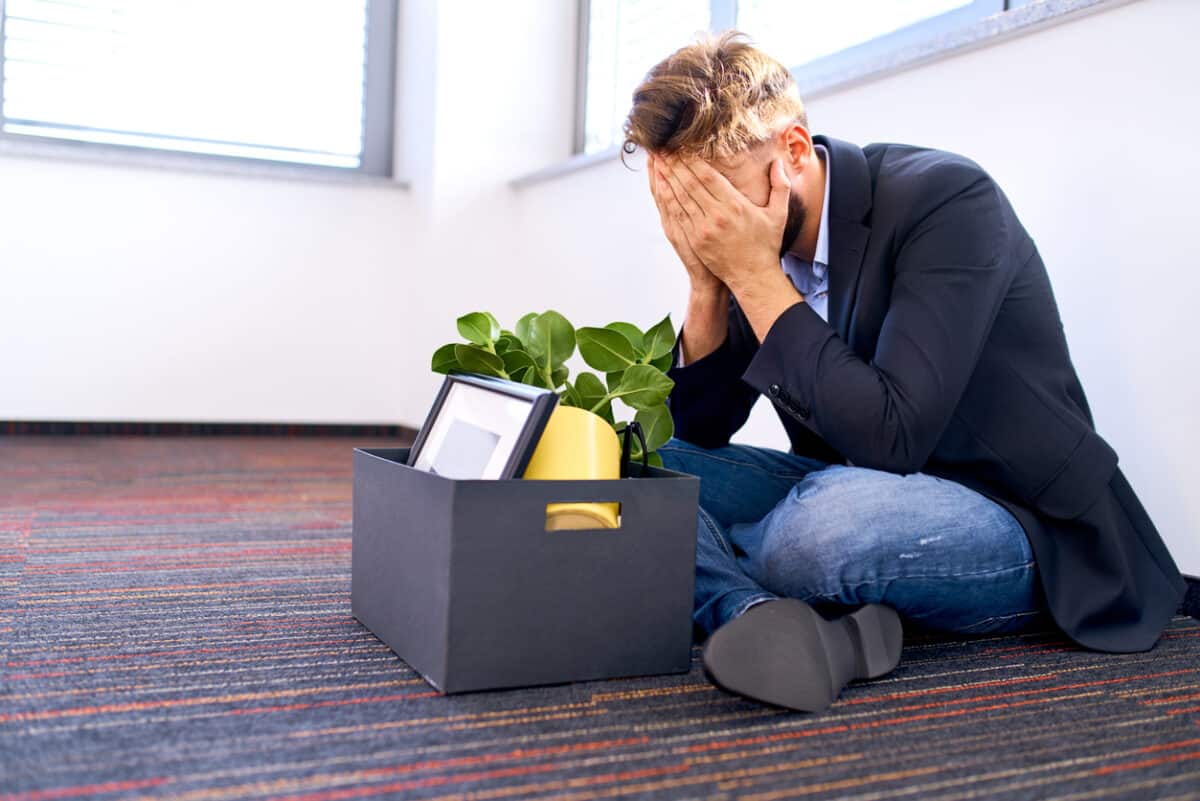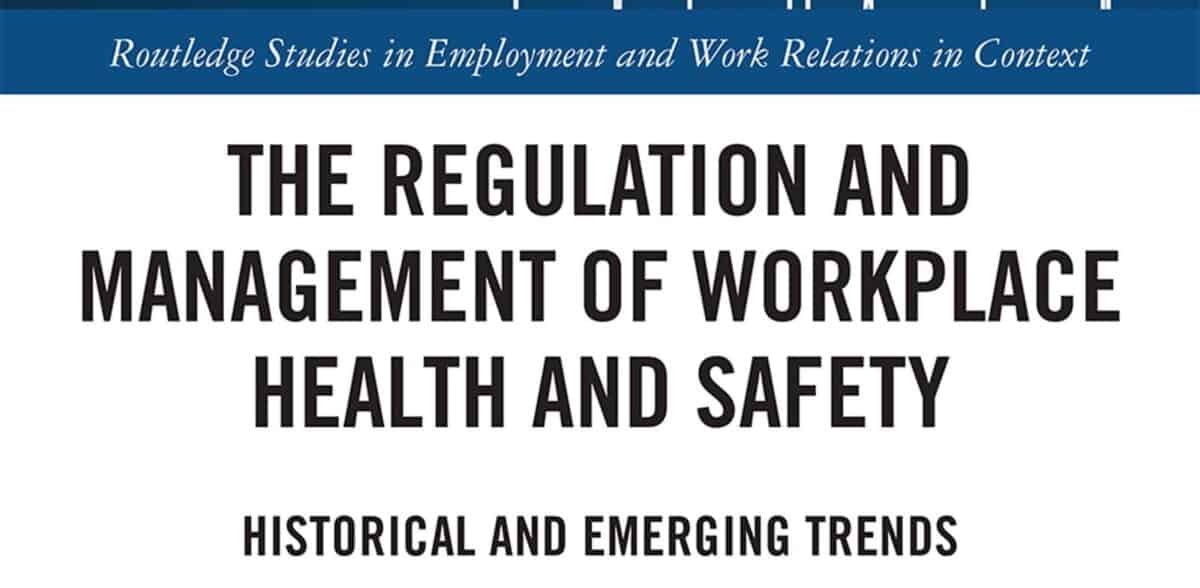Australia has entered a federal election campaign, but the mechanics of the Australian parliament continued, and various occupational health and safety (OHS) comments were voiced in Senate Estimates. These comments touched on Industrial Manslaughter, regulations on psychologically safe workplaces and insecure work.
Category: gig economy
Trade Unions, Cost, Exploitation and Responsibilisation
Trade unions have been the longest and strongest advocates on occupational health and safety (OHS) in Australia. Still, their political influence is falling slower than its declining membership due to structural legacies, of which the tripartite OHS consultation is one. The trade union strategy for OHS was to monetise it so that changes in OHS could be the catalyst for or on which it can piggyback industrial relations (IR) reform. A recent review of the work of Professor Michael Quinlan and a video from United States economist and author Robert Reich illustrates elements of this process.
Some OHS approaches need the Industrial Relations touch
Several years ago, there was a proposal to produce a book of research linked to the work and themes of Professor Michael Quinlan. That book became “The Regulation and Management of Workplace Health and Safety“, and I recently obtained an affordable copy for my Summer break. (An excellent book review has been written by Eric Tucker on which this article is based)
There are many labour and industrial relations concepts in the book, many that I had to look up – pluralism, unitarism, politicalism. Read enough industrial relations (IR) research papers, and these terms might become second nature, but occupational health and safety (OHS) texts (what few there are of them) seem simpler and blander, generally avoiding the politics of work and therefore the politics of safety. Most of the recent OHS books seem to be dominated by Leadership and neuroscience *.
Can the sex industry be the same as any other industry?
The Australian State of Victoria has committed to the decriminalisation of sex work. It made this decision some time ago, conducted an inquiry into how this could be achieved and is now in a further consultative process on what laws and practices need to change. The aim is honourable – to reduce the stigma of a legitimate industry. However, there is one statement repeated in media releases and discussion papers that encapsulates the challenge:
“Decriminalisation recognises that sex work is legitimate work and should be regulated through standard business laws, like all other industries in the state.”
That challenge is can, and should, Victoria’s sex industry be treated like “all other industries”?
NZ research into transport industry OHS is relevant everywhere
In 2019, Victorian Premier Daniel Andrews flagged that incidents involving commercial vehicles would be reflected in workplace health and safety statistics. There has been little visible change on this pledge. Still, recently WorkSafe Victoria reviewed its work-related fatality statistics to include truck fatalities and other causes of work-related deaths for the last couple of years. Guess what, the number of deaths almost doubled for that period from 26 to 49!! What would the rate of serious injuries be if it was also reassessed?
New Zealand undertook a similar exercise a few years ago, which has led to a significant research project into that country’s transport industry and supply chains, a research project with substantial relevance to Australia and elsewhere.
OHS will ease the Work From Home transition
Australian Prime Minister Scott Morrison continues to promise a return to normal but it is impossible to return to a previous point in time without denying the changes that have occurred since then. Morrison speaks of this normality in relation to the COVID-19 pandemic and may offer some understanding of his reticence to act on global warming as climate change will never allow a return to normal.
One of the workplace changes exacerbated by the pandemic is the working from home (WFH) option. Recently businesses are starting to accept this new normal, sometimes backed by research. Many businesses are in a state of (I would argue, permanent) transition. On July 2, 2021, Benjamin Clark offered a useful summary of the WFH state of play for Crikey (possibly paywalled) with some overlap to a November 2020 Harvard Business Review (HBR) article on Working From Anywhere (WFA).
OHS is “… more what you’d call ‘guidelines’ than actual rules.”
Occupational health and safety (OHS) may not be a common subject in the mainstream media but there is plenty of political discussion on the topic in Australia’s Parliament.
The current (conservative) federal government seems very slow to accept and respond to recommendations from official inquiries that it sees as a secondary political priority, such as sexual harassment and workplace health and safety. The hearings of the Senate’s Education and Employment Legislation Committee on March 24 2021, were, as usual, enlightening.






